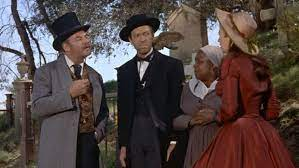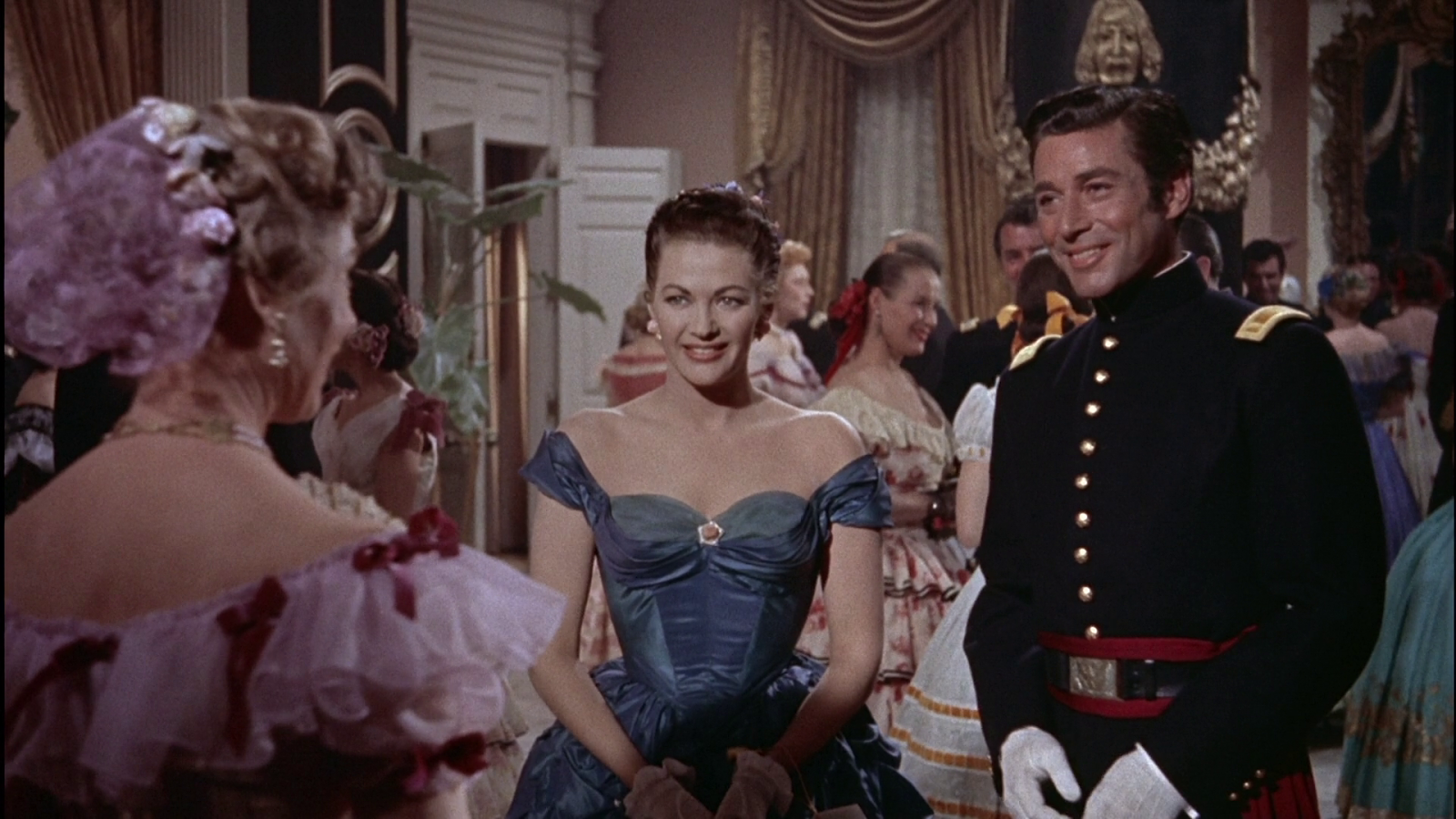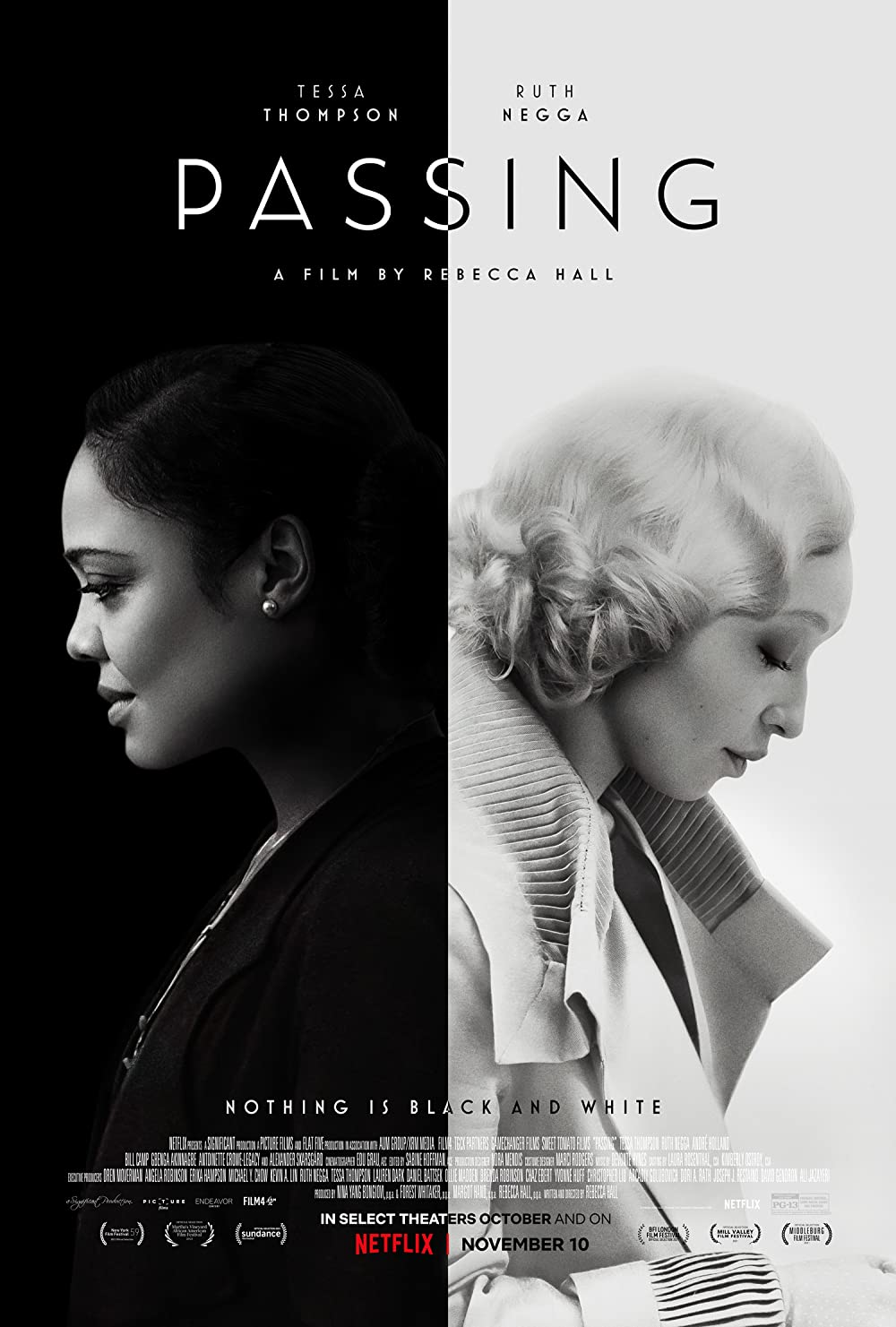Band of Angels is a unique, dramatic, and romantic story of Amantha Starr and Hamish Bond. What makes this movie so unique is that Amantha Starr finds out her mother is black after living her entire life believing she is completely white. This causes Amantha Starr to be forced into slavery and bought by her slave owner Hamish Bond. While there are many interesting points in this movie, I would like to focus on colorism along with white-passing.
At the beginning of the movie, we see Amantha becoming a slave after finding out that her mother was a black woman. Amantha is sold into slavery because of the one-drop rule, this rule states that if a person has even a single drop of black blood, they are black. This means that Amantha would be treated as any other black person during the time, which is why she was able to be sold into slavery despite looking nothing like a black person. However, Amantha still maintained some privileges due to colorism. Colorism is discrimination based on skin color which means in terms of this movie the more you looked white the higher privilege you had compared to other black people. Since Amantha looked nothing like a black woman she was sold for a higher price and immediately made Hamish’s mistress. Not only do we see colorism with Amantha, but we also see it with other characters such as Dollie and Michele who are lighter-skinned and are seen as house slaves. Neither of them has the same privileges as Amantha however in the movie we see that Michele can talk to Hamish about slave matters something that we never see any of the other slaves do.
Toward the second half of the movie, we explore the topic of white passing after Amantha leaves Hamish. After leaving Hamish Amantha can start a new life in a new area where no one knows that her mother is black, however, we see her struggle to keep this secret. This is because Amantha is passing as white which is when very light-skinned African Americans would pretend to be white to escape from the hardships of being black in America and gaining the same privileges as white people. We see Amantha become a teacher, she is protected under the law, and she has hopes of getting married to a white man because she is believed to be a white woman. However, she still must live in fear of being found out as being black and never being truly accepted in her community. I found this interesting because this point was very similar to the book and movie “Passing” about a black woman living a double-sided life from passing as white and wanting to be a part of the black community.
https://www.pbs.org/wgbh/pages/frontline/shows/jefferson/mixed/onedrop.html
https://www.npr.org/2021/11/10/1053572583/passing-netflix-film-review-tessa-thompson-ruth-negga








No comments:
Post a Comment